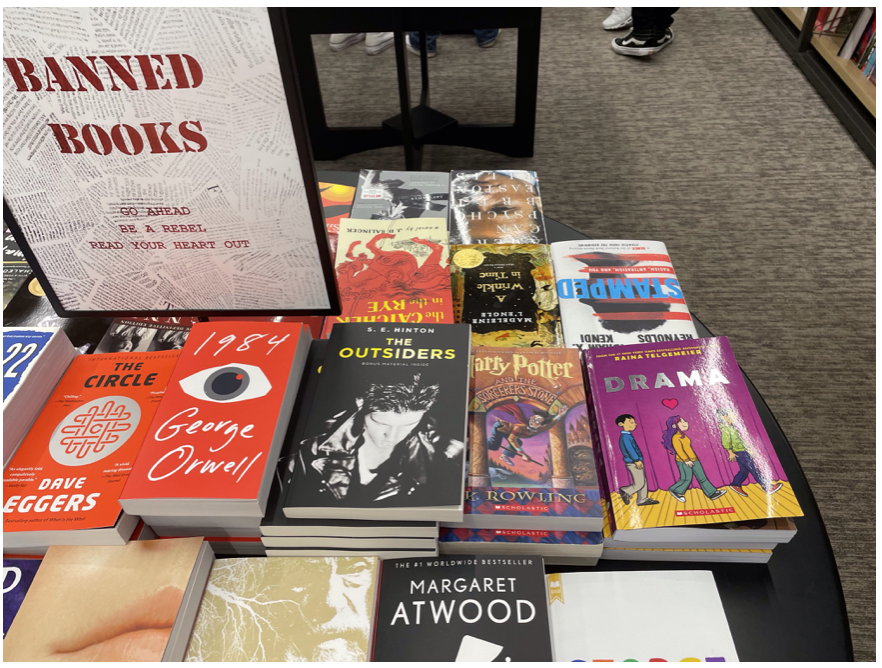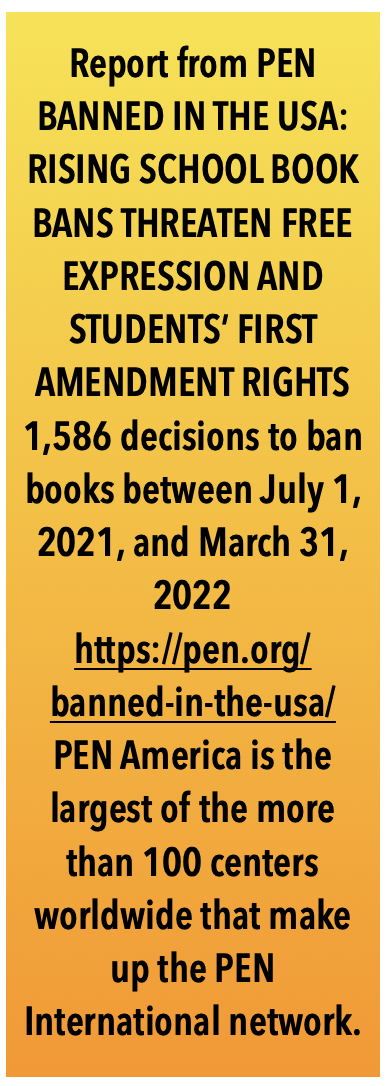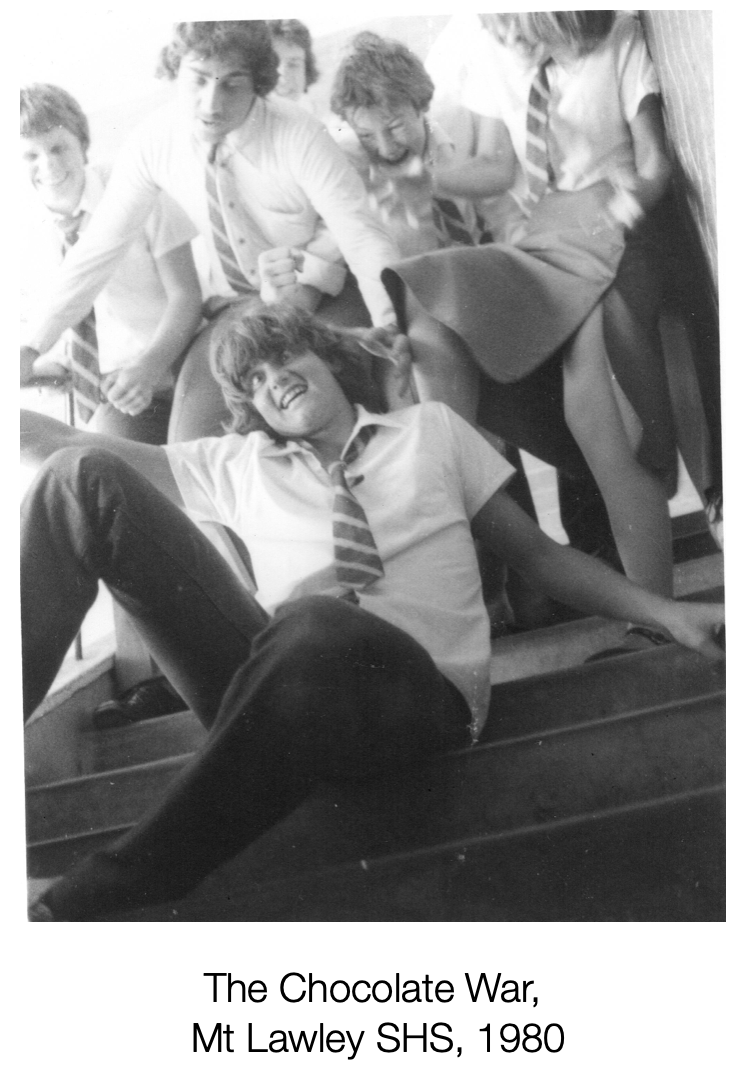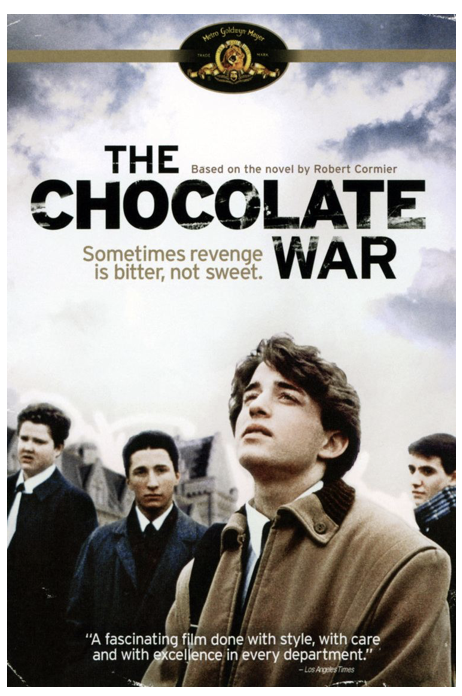Drama Tuesday - Fearless Drama
/During our visit to Washington DC, we saw this table at the Barnes and Noble in Alexandria VA, promoting the books that have been banned. At first you think it’s a joke. But then, the reality of this America sinks in.
It’s sobering to think of the increasing pressure on schools and teachers from those who seek to control, censor and limit ideas.
Drama teachers are in the crosshairs (to use an apt but chilling metaphor) along with English teachers and history teachers.
As I have noted before, Drama has been criticised by association as “progressive education”.
Looking back, I do recognise that at times our teaching has been fearless though sometimes foolhardy. But we were certainly braver than perhaps we might be if we were teaching in schools now. We pushed the envelope. We reacted against the perceived dead hand of censorship and “politeness”.Sometimes when I consider even the words that I hear on television panel shows that would have been found only in the roughest of vocabularies of those times, I think of how unrecognisable those times are.
Prompted by remembering The Chocolate War
In part this post is prompted also because, by chance, on one of the streaming services the other night I found the 1988 film version of The Chocolate War based on the novel by Robert Cormier. The tag line was that the film was it was “the most banned book in schools” or something similar.
In 1980 at Mount Lawley Senior High School, we staged an adaptation of The Chocolate War as a school production. In part, we were attracted too the story because it was studied in the school and also because it was intrinsically dramatic.
Having survived a Catholic Boys School education myself, I had a sense of the manipulative power of the Brother Leon in the story, intent on having each boy in Trinity College sell 50 boxes of leftover Mother’s Day chocolates in a fundraiser. Inside the underbelly of this scheme are the efforts of the “secret” society called The Vigils. (This world of school was one that resonated and I had seen enough of the devious mind games myself. I always remind myself that while my Mother planted the seed to be a teacher, my commitment to teaching came from a desire to do things differently – better – from my own schooling!). The plot hinges on a new boy to the school directed by The Vigils to refuse to sell the chocolates. The consequences are dark. The cruelty is frightening. But why ban this book?
Our production transposed Australian Football and localised accents. But was faithful to Cormier’s dark and bleak vision of school as a battleground.
Aside from concerns about infringing copyright (I said that we were often foolish), we had no hesitation in working with this text.
Were we braver then than now?
I have noticed a closing down of bravery amongst drama teachers. I see more and more safer choices being made (not that there is a problem with the Disney Junior Musicals, but they are quite sanitised. Even the version of the Jason Robert Brown production 13 which dropped on Netflix this week, has eliminated some songs – the notorious Here Comes the Tongue, for example – in favour of a sunny and sweet ending).
Where is the sense of edge? Where is the risk taking?
I don’t wear the “progressive education” label as a badge of honour. Rather, it is a necessity that our drama work challenges, questions and celebrates. It must step beyond what is known. It must open possibilities.
Be brave.
Cormier, Robert. (1974). The chocolate war. [New York] :Pantheon Books
The Chocolate War (1988), Keith Gordon,Writer/Director. MGM









